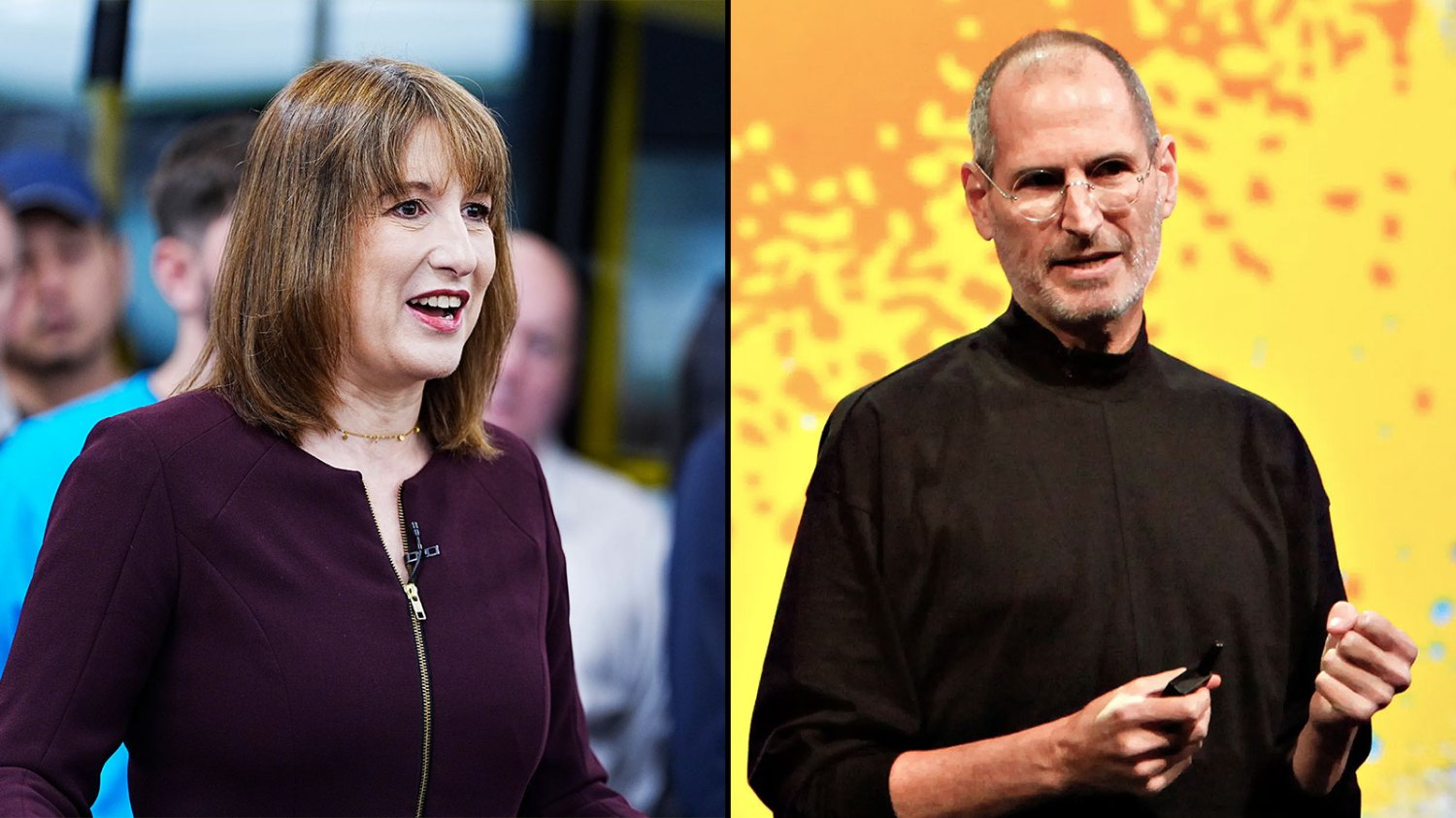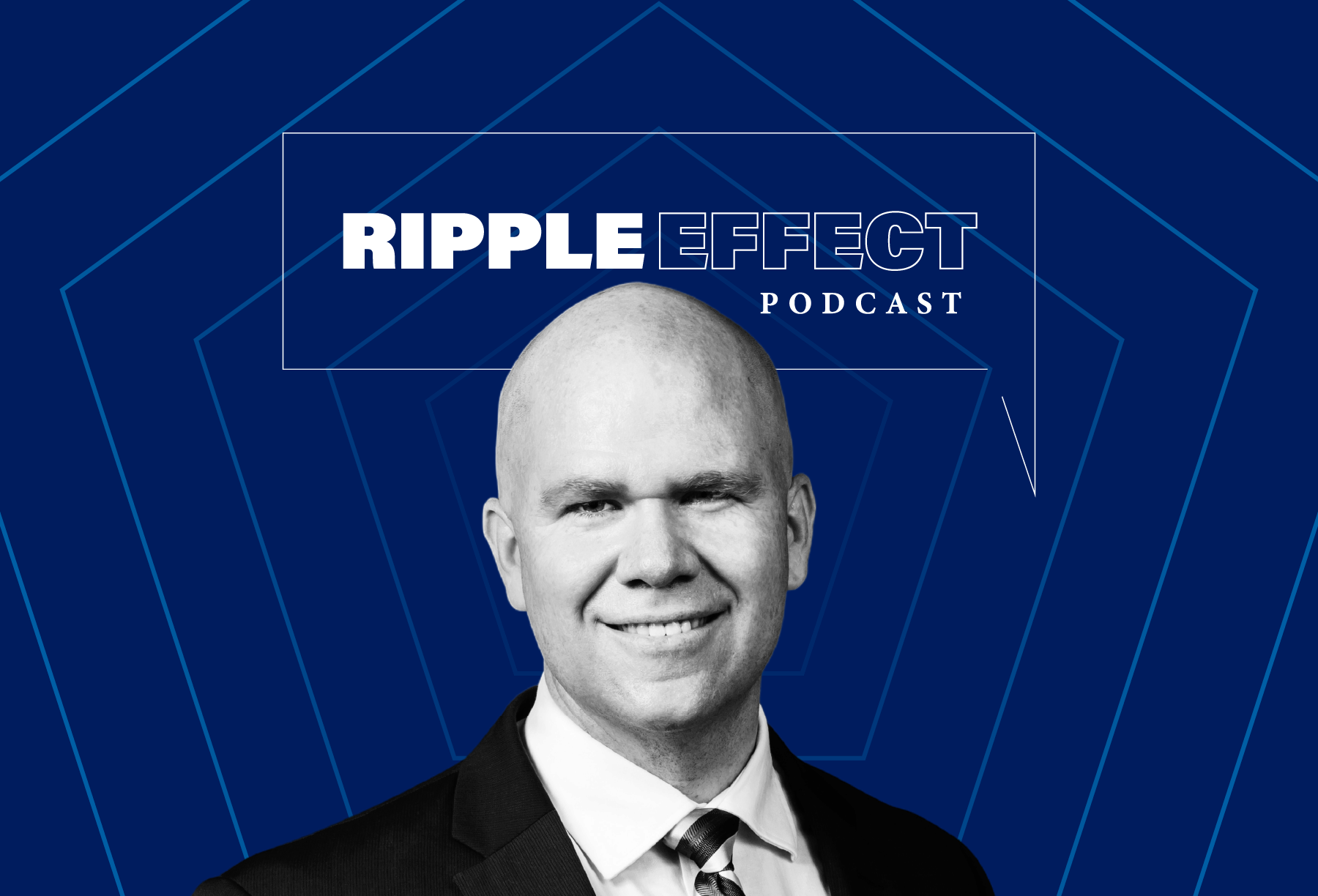Rachel Reeves, the UK Chancellor, has been likened to Steve Jobs, the iconic co-founder of Apple, in her ambitious plan to rejuvenate the British economy. Peter Kyle, the Technology Secretary, drew this comparison, citing Jobs’ remarkable turnaround of Apple from the brink of insolvency to becoming the world’s most valuable tech company.
Kyle’s analogy comes as the UK government prepares for a major financial overhaul, with an £86 billion investment in science and technology poised to drive significant innovation and economic growth. This move is anticipated to parallel Apple’s resurgence under Jobs, who introduced groundbreaking products such as the iMac and iPod, which revolutionized the tech industry.
The economic strategy, spearheaded by Reeves, is set against a backdrop of challenging fiscal decisions. She is currently negotiating with senior cabinet members over essential budget cuts required to accommodate increased defense spending and a £30 billion boost to the National Health Service (NHS). Additionally, a proposed £4.5 billion increase in the education budget indicates a strong commitment to future-proofing the country’s workforce.
Increased Funding for Innovation
Peter Kyle emphasized the necessity for public services, including the police, to adapt and play their part in the country’s economic transformation. He suggested that looser fiscal rules could enable Reeves to secure an additional £113 billion annually in borrowing, which would be directed towards infrastructure and research to stimulate the economy.
Following substantial tax increases in the autumn budget amounting to £40 billion, the spending review presents an opportunity for Reeves to channel record levels of investment into future innovations. Kyle highlighted the importance of investing in high-growth sectors such as vaccine development and the space industry, which are expected to drive substantial economic benefits.
Historical Parallels with Apple’s Success
Steve Jobs’ return to Apple in the mid-1990s marked a pivotal moment for the company, culminating in a series of revolutionary products that set Apple on a path to becoming the world’s most valuable company, with a current valuation exceeding £2 trillion. In comparison, the UK’s GDP stands at approximately £3.8 trillion.
Kyle further elaborated on the government’s strategy during a Times Radio interview, underscoring the importance of breaking free from the cycle of high taxes and low growth through innovation. The focus on high-growth sectors is deemed essential for the UK’s economic revival.
Balancing Fiscal Responsibilities
Despite the ambitious investment plans, the government faces challenges in managing day-to-day spending. Home Secretary Yvette Cooper and Deputy Prime Minister Angela Rayner remain firm in their resistance to cuts affecting the police and council budgets, respectively.
Kyle, speaking on BBC1’s Sunday with Laura Kuenssberg, stressed the need for a collaborative approach, highlighting that while the Treasury must identify additional funding for key priorities, the entities responsible for delivering these services must also contribute to the overall change.
The upcoming spending review will reflect the government’s long-term priorities, setting the stage for a partnership between the Treasury and service providers to ensure a balanced approach to fiscal management.
Note: This article is inspired by content from https://www.thetimes.com/uk/politics/article/rachel-reeves-steve-jobs-british-economy-turnaround-vtd5vsc5q. It has been rephrased for originality. Images are credited to the original source.







